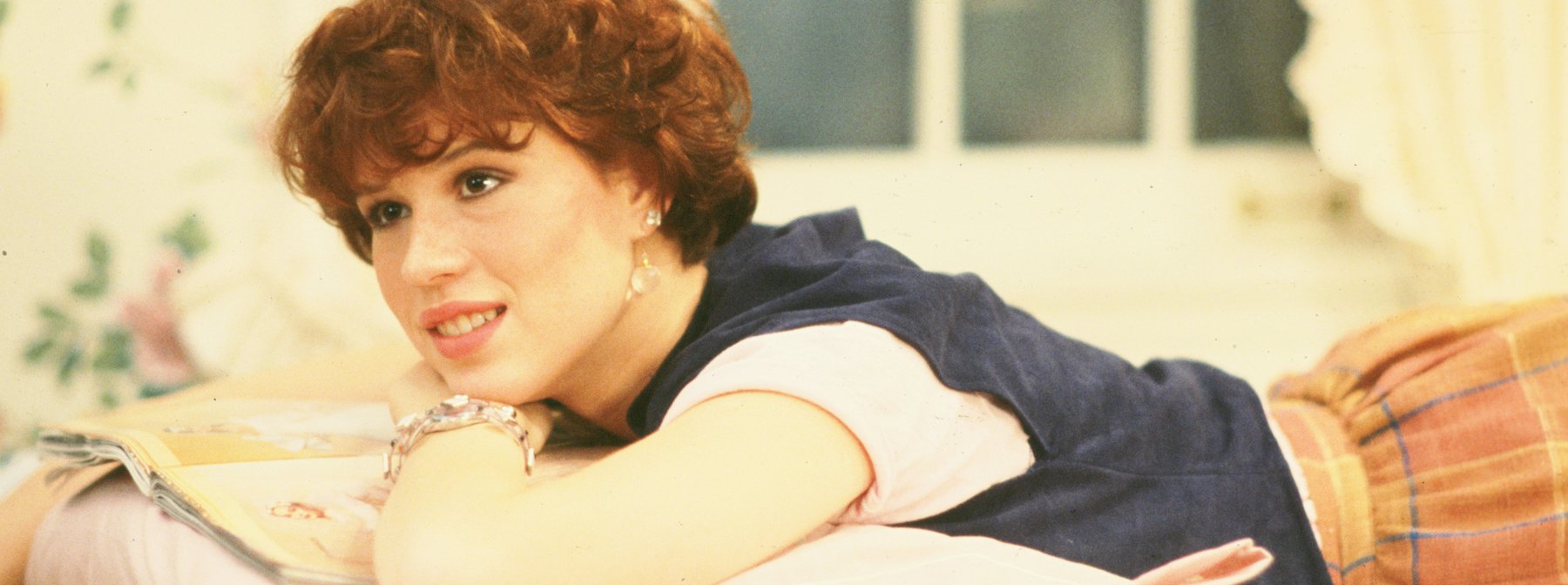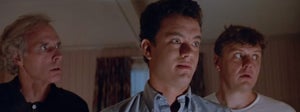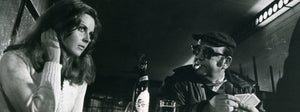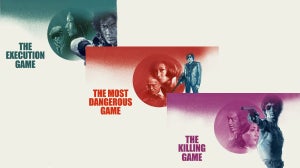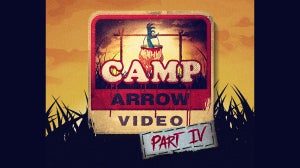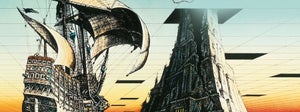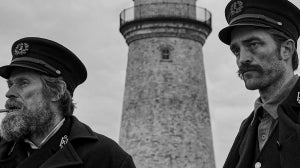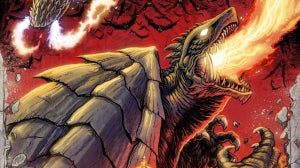
“I happen to go for the simplest, most ordinary things. The extraordinary doesn’t interest me. I’m not interested in psychotics. I’m interested in the person you don’t expect to have a story.” – John Hughes
So many writers from the 1980s have had their names lost to history, but film goers still know what it means to say that something feels like a “John Hughes Movie.” It’s not just that his empathetic and finely detailed style influenced so many writers who would follow in his giant footsteps, but that people today can still see themselves in Clark Griswold, Sam Baker, Duckie, and, of course, Ferris Bueller. He created characters that have stood the test of time, and not just because he made comedies that are remarkably quotable and rewatchable or assembled them around soundtracks that scored a generation. John Hughes’s gift was an ability to craft characters who felt instantly familiar. If we didn’t see ourselves in all of them, we saw people we knew. Some elements of his films have aged a bit poorly due to their inarguably white/male viewpoint, but the admiration for John Hughes remains because it felt like he loved his characters, and, by extension, loved the people watching them too.
Like so many of the best comedy voices of the ‘80s, John Hughes started his comedy career at National Lampoon in New York City. One of his first stories in the magazine was called “Vacation ’58,” a personal piece about the family trips he took as a child. After the success of National Lampoon’s Animal House, the brand decided to start filming on National Lampoon’s Vacation, loosely based on that short story. The tale of a family trip to Wally World—anchored by one of the best comedy performances from Chevy Chase—would become one of the biggest hits of the ‘80s, putting Hughes on the map. With the one-two punch of Mr. Mom in the same year, Hughes used his screenwriting success to sign a three-picture deal with Universal. Those three movies? Sixteen Candles, The Breakfast Club, and Weird Science. Teen movies would never be the same.
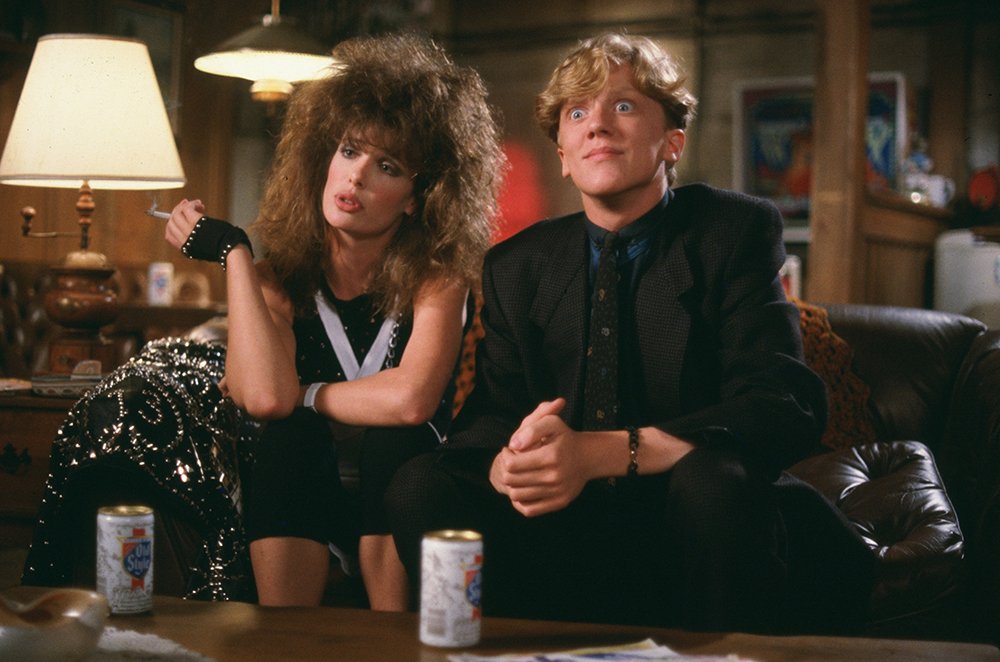
From 1983 to at least 1991, John Hughes was one of the most powerful screenwriters in the world. In that relatively small window of movie history, he had an insane 19 scripts produced, directing eight of them himself. Just the scripts that he handed off to other directors alone would earn Hughes a prominent place in ‘80s movie history. Hit films like Pretty in Pink, Some Kind of Wonderful, The Great Outdoors, and two sequels to Vacation preceded one of the biggest comedies of all time in Home Alone in 1990. The massive success of that film along with a desire to leave teenagers behind pushed Hughes into almost solely children’s films in the ‘90s with scripts like Beethoven, Dennis the Menace, Baby’s Day Out, 101 Dalmatians, and Flubber failing to capture the critical success or eventual influence he would find in the ‘80s.
That started with a stunning one-two punch for his first films as a director: Sixteen Candles and The Breakfast Club. Released only nine months apart in 1984 and 1985, they would become two of the most era-defining films of the ‘80s, films that spoke to teens living in suburban America in a way that Hollywood was largely ignoring at the time. Teen comedies of the ‘80s before John Hughes were largely focused on sex, trying to replicate the success of Porky’s in 1981. Teenagers were just horny idiots. John Hughes took young people seriously, treating the romantic pitfalls of an average Midwest teenager with the kind of seriousness that Hollywood often ridiculed. Without turning it into melodrama, it felt like John Hughes really saw teenagers, understanding that the drama of a 16-year-old like Sam Baker (Molly Ringwald) was a mirror for so many other teen girls to see themselves in.
He took that idea a step further in The Breakfast Club, uniting different teen archetypes under one umbrella in a film set almost entirely during a high school detention. What’s so great about Hughes’s massive hit comedy is that it sets up the predictable traits of roles like the “jock” and the “nerd” and then spends the rest of the movie showing how much they have in common instead of how different they might be. Again, Hughes was taking adolescence seriously, trying to see these characters as real people instead of just the punchline for a teen sex comedy. They weren’t just entertaining, they were empowering, allowing viewers to feel seen.
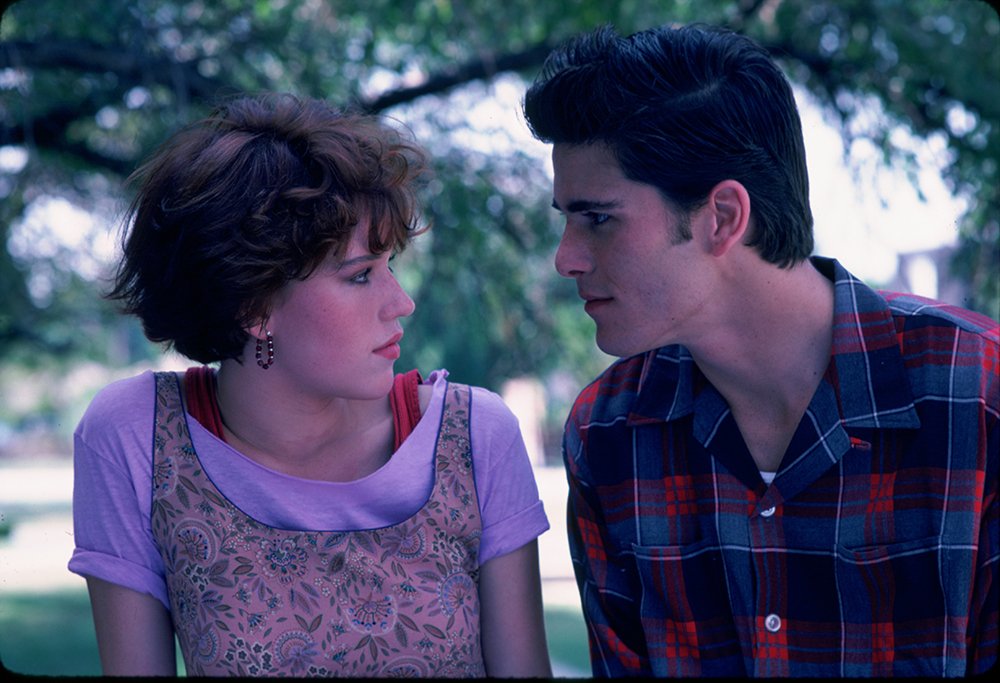
It helped a great deal that John Hughes knew how to attract the right talent at the right time. Would he have the same legacy without Molly Ringwald, Anthony Michael Hall, Ally Sheedy, Emilio Estevez, and the rest of the young actors sometimes known as The Brat Pack, a crew of performers that he seemed to find right when they were about to break out? Maybe not, but his skill as a director of actors remains underrated to this day. He knew how to get a future star to exactly the right place to bust through that wall of archetype into something more genuine.
And he knew how to maximize the charisma of an actor. Just look at arguably his biggest hit, Ferris Bueller’s Day Off. The story of a kid who can get away with anything should have been a smarmy disaster (and detractors of the film would argue that it is) but it’s the way Hughes directs Matthew Broderick to the most charming work of his career that makes it so successful. Just a year later, Hughes would do something similar with Steve Martin and John Candy in the timeless Planes, Trains and Automobiles, a movie that’s often left aside when discussing Hughes because it’s not one of his teen comedies, even if it’s arguably his best movie overall. In all of these films, Hughes balanced star power with relatability, a more complicated feat than it may appear—making people feel larger than life and human at the same time.
John Hughes’s voice can still be heard. Films that one wouldn’t expect to owe a debt to the ‘80s icon undeniably bear his fingerprints, even impacting superhero culture—Jon Watts admitted that Hughes influenced his approach to Spider-Man: Homecoming. However, it’s the teen comedy that will forever be compared to flicks like The Breakfast Club and Sixteen Candles. It’s impossible to make a movie like The Edge of Seventeen or a show like Riverdale and not think of how they reflect John Hughes, a man who mirrored the teens of America in ways that no one had been able to before. And Hollywood finally saw them.

Related Articles

